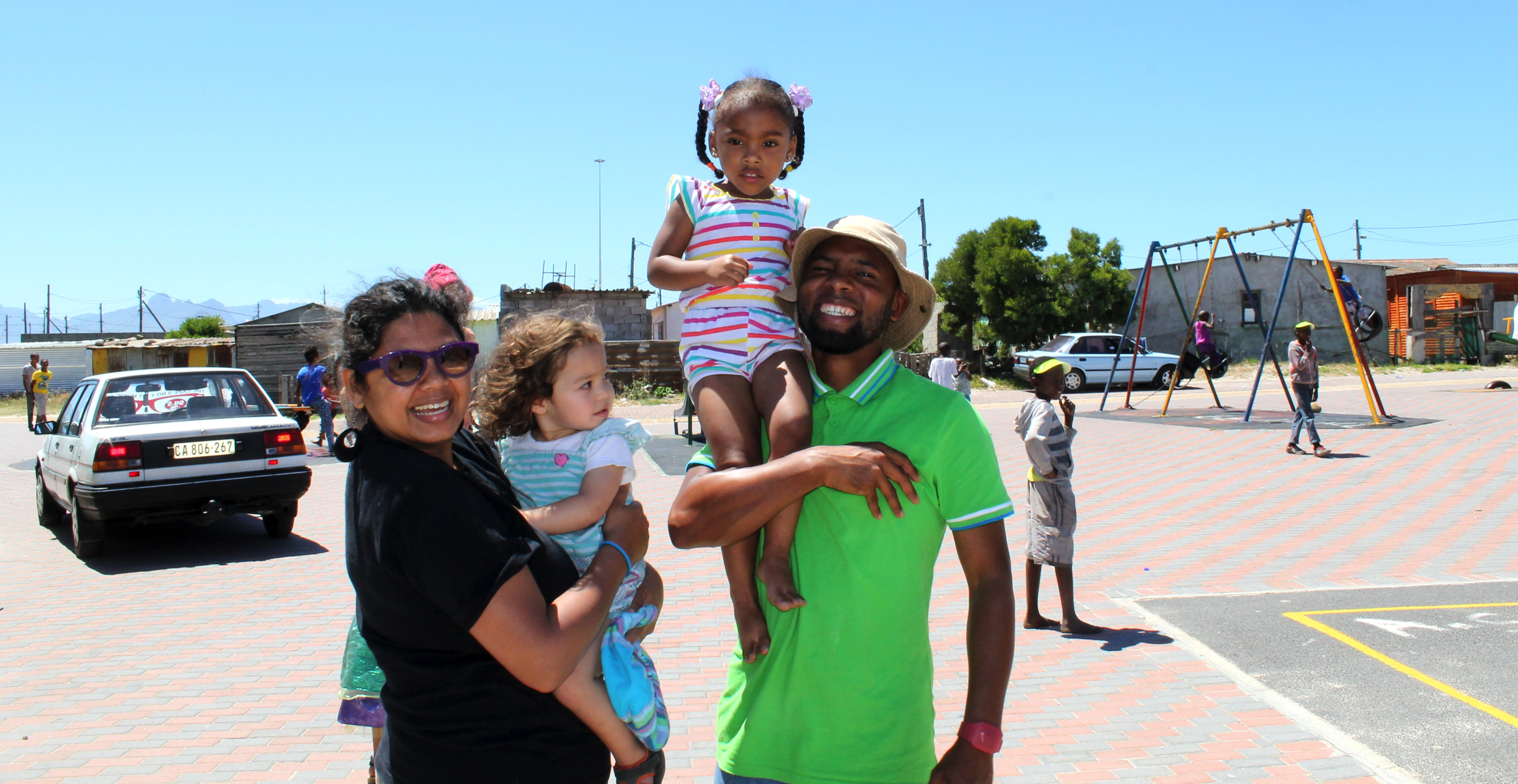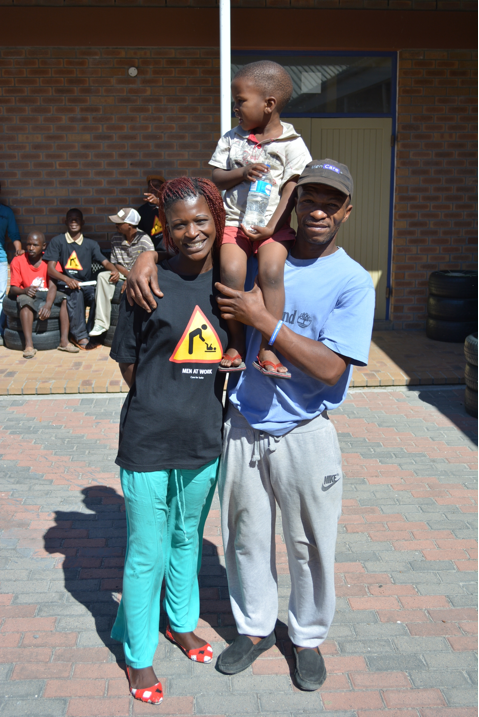
Publicación invitada de Andre Lewaks y David Snetselaar de Sonke Gender Justice
En 2013, el artista de hip-hop belga Stromae lanzó el sencillo Papautái. En la canción, expresa su frustración por la ausencia de su padre y pregunta continuamente en el estribillo: “Où t'es, papa, où t'es?” (en español, “Papá, ¿dónde estás?”). En el vídeo musical que se lanzó con el éxito, vemos a un niño que intenta comunicarse con su padre, que no responde. El niño afirma que, aunque todos saben cómo hacer bebés, nadie parece saber cómo “hacer padres”. Trágicamente, el niño no puede conectarse con su padre y, al final, lo vemos volverse como su padre: ausente, desinteresado e insensible. El vídeo no solo alude a los efectos duraderos de los padres ausentes en todo el mundo, sino que también brinda una perspectiva desde la perspectiva de un niño.
Sudáfrica tiene una de las tasas más altas de ausencia del padre en el mundo, y los últimos resultados de la Encuesta Nacional de Hogares (2016) indican que alrededor del 64 por ciento de los niños en Sudáfrica no tienen padres presentes. La paternidad positiva e involucrada sigue siendo un gran desafío en Sudáfrica, así como a nivel mundial. Los hombres a menudo tienen dificultades para conciliar el trabajo y la familia y saber cómo ser un buen padre sin haber tenido un buen ejemplo en sus propias vidas.
Iniciativas como la Campaña MenCareSin embargo, los programas de educación para padres están marcando una diferencia en Sudáfrica y en todo el mundo al educar a los hombres sobre cómo pueden ser mejores padres y al cambiar las normas de la comunidad. Diversos estudios han confirmado la eficacia de estos programas y muchos participantes han expresado su agradecimiento por la formación que han recibido, que, según dicen, les ha ayudado a convertirse en mejores padres.
 ¿Qué piensan los niños? ¿Observan cambios en las actitudes y conductas de sus padres después de que estos participan en MenCare? En su investigación sobre la eficacia del programa MenCare en Ciudad del Cabo y sus alrededores, Sjanna Westerhof se centró en los hijos de padres y cuidadores que participaron en los grupos de crianza positiva de MenCare, dirigidos por Sonke Justicia de género En Sudáfrica, los niños que participaron en la investigación dieron una opinión muy positiva sobre la participación de sus padres después de la intervención. Una niña dijo:
¿Qué piensan los niños? ¿Observan cambios en las actitudes y conductas de sus padres después de que estos participan en MenCare? En su investigación sobre la eficacia del programa MenCare en Ciudad del Cabo y sus alrededores, Sjanna Westerhof se centró en los hijos de padres y cuidadores que participaron en los grupos de crianza positiva de MenCare, dirigidos por Sonke Justicia de género En Sudáfrica, los niños que participaron en la investigación dieron una opinión muy positiva sobre la participación de sus padres después de la intervención. Una niña dijo:
"“Me gusta que mi padre haya participado en el programa MenCare; creo que MenCare convence a nuestros padres a hacer buenas cosas”.
En muchos casos, estas “cosas buenas” incluyen que los padres pasen más tiempo con sus hijos, los ayuden con las tareas de cuidado, utilicen una disciplina no violenta y les brinden a sus hijos una sensación de seguridad y protección. Otra niña dijo:
"Solía llegar a casa demasiado tarde, pero desde que participó en MenCare, ha cambiado. Se dio cuenta de que tiene que estar en casa más a menudo”.
Una de las niñas entrevistadas también indicó que su padre dejó de utilizar el castigo corporal como medio para disciplinarla. Dijo:
“Él me pegaba y desde que entró al programa de paternidad eso cambió”.
Los resultados del estudio reflejaron una mejora general en las relaciones entre padre e hijo. Los resultados mostraron que la intervención contribuyó a que los padres se convirtieran en modelos de conducta más positivos para sus hijos. La mayoría de los niños, por ejemplo, describieron a un “padre ideal” utilizando los mismos atributos que utilizaban para describir a sus propios padres. Uno de los niños dijo:
“Mi papá es el mejor papá del mundo, porque voy a lugares con él”.
Análisis posteriores demostraron que estos cambios en la conducta de los padres también mejoraron la forma en que los niños pensaban sobre su familia en general. Las relaciones saludables entre el padre, la pareja y los hijos hicieron que el hogar fuera un lugar seguro y agradable para los niños. Esto fue confirmado por los dibujos que hicieron los niños, quienes dijeron que los hacían porque amaban a sus familias.
Los resultados de esta investigación ilustran las importantes contribuciones que los padres pueden hacer en la vida de sus hijos y resaltan cómo la paternidad puede entenderse como mucho más que el rol tradicional de ser un proveedor financiero.